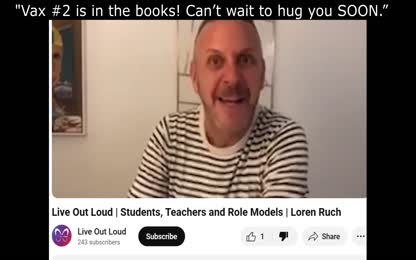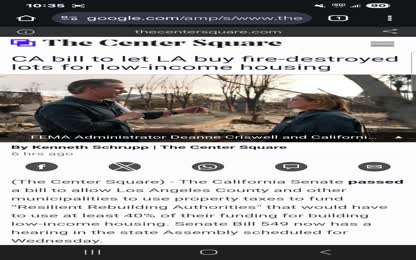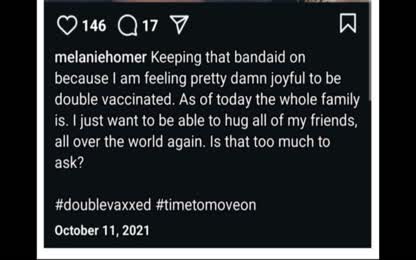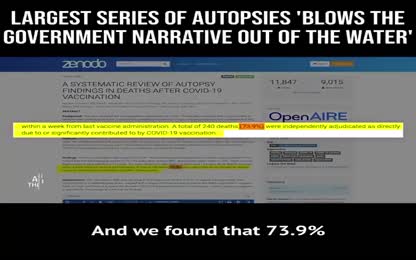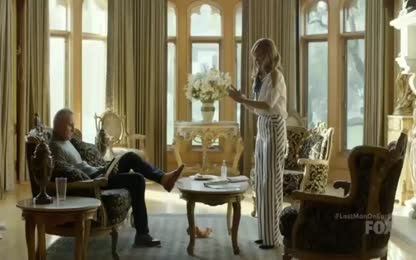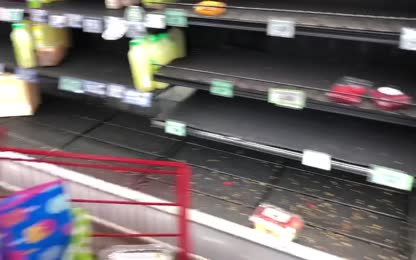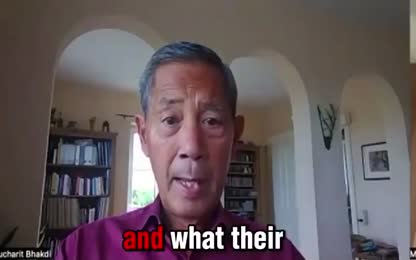Advertisement
NYC Mass Graves Hart Island Funeral Home President Convo BBC Coronavirus Covid-19 Pandemic Lockdowns
NYC Mass Graves Hart Island Funeral Home President Convo BBC Coronavirus Covid-19 Pandemic Lockdowns Quarantine
- Category: Vaccine / Mandatory Agenda,Virus / Bacteria / Sickness,Virginia Beach Shooting 2019
- Duration: 17:53
- Date: 2020-04-14 05:52:13
- Tags: nyc, mass, graves, hart, island, funeral, home, president, convo, bbc, coronavirus, covid-19, pandemic, lockdowns, quarantine
8 Comments
Video Transcript:
A scene more like a Middle Eastern war zone. It is somehow unimaginable, unbelievable, that in the most famous city of the richest country in the world, they're digging mass graves for those who can't afford a funeral and for those who died of coronavirus with no next of kin. It is somehow unimaginable, unbelievable. A scene more like a Middle Eastern war zone. It is unbelievable. A scene more like a Middle Eastern war zone. It is somehow unimaginable. A scene more like a Middle Eastern war zone. It is somehow unimaginable. A scene more like a Middle Eastern war zone. A scene on a long Island sounds like a small island where one million people are buried. But there are no grave markers with the names of the dead. There are no memorial day ceremonies for the veterans buried out there. There are no flowers on the graves. cities, potters, field. It's the final resting place for people whose families were too poor, for a private burial, people who died alone or in prison, infants, stillborns, people who's destined to be in despair and chaos and just didn't know what to do and were lost in the system. And for 150 years, the place and the secret to told literally held under lock and key. The bodies are buried by prisoners and it's run like a prison by the Department of Correction. It's easier to get to Rikers Island than it is for hard crime. I was able to take a tour of Hart Island at a time when slowly the secrets of Hart Island after 150 years are starting to unfold. Going into Hart Island. Island of lost souls. Now besides, potters field, Hart Island's house has been civil war prison for Confederate soldiers, the Berk-Belosus Ward and asylum, drug rehab facilities, a Nike missile base, every building on this island is crumbly. This was a Phoenix house, the drug rehab center in the 60s and 70s you can see. Big Phoenix, the rising Phoenix mural painted on the brick wall there. Each one of these stone markers represents 150 people buried in two rows, three deep. Just a number. This one is 288. More recent markers are made out of PVC. There's not a lot of visible signs out here that this is even a cemetery. You do have this across that was filled by prisoners who work out here and we buried the bodies. The bodies are buried by prisoners. You want to fill 150 and they fill in the trench. We had to turn our cameras off when we went up to the trench which was half full. So there were three stack high bodies in this trench and not been filled yet. It is somehow unimaginable, unbelievable, that in the most famous city of the richest country in the world, they're digging mass graves for those who can't afford a funeral and for those who died of coronavirus with no next of kin. This is Hart Island just off the Bronx in New York City. Nearly 8,000 people have died in this state alone and they're struggling to deal with all the burials, those who died of coronavirus with no next of kin. That there are people who pass away and there is no family member, no loved one, no friend, no one, who we can find who our office of medical examiner can find, who has a connection to that person and is going to take responsibility for their burial. These COVID victims that have been buried there. It's any kind of person who passes away. This is not a new procedure as well. I'm trying to make clear to you that this is, and it's a sad topic. Imagine anyone who passes away and there's no one there to claim the body. This has been the truth for generations. So anyone who is passing away now from any cause, that's what's happening, but more people are passing away, obviously in large measure because of COVID. These COVID victims that have been buried there. It's any kind of person who passes away. It's any kind of person who passes away. Mass graves for an unprecedented crisis, a scene more like a Middle East and war zone, or the Ebola outbreak in West Africa. But this is America. A scene more like a Middle East and war zone, a scene more like a Middle East and war zone. A lot of people saw this news story here. You know the date this was from the BBC speaking about policies and products advertised by Circo that utilize the BBC among others to inject fake news. So we've got this report from earlier today. This is shot around the world quickly. The New York is ramping up mass burials amid the coronavirus outbreak. We're presented here with this image and accompanying video which shows drone footage of these people burying, you know, what looks like one, two, three, four, five, say maybe 20. Who knows? It could be a ton under this dirt. Maybe not. I don't know. But we've got a lot of bodies being buried there. So this is a shocking thing for people to see. A lot of people have sent this to me. I immediately started looking into this heart island because I don't know too much about it. This website from the New York Historical Society, this was reprinted just the, well, about a year ago. That's interesting. But it was originally posted in 2013. It tells us that heart island has been off limits to the public for 35 years. It's maintained by the city's correctional, you know, department of corrections. So inmates from Rikers Island are digging and filling the graves with as many as 2000 unclaimed or, you know, otherwise, people who can't afford their own burials are put here. So 2000 burials per year is about five or six people per day that are committed to this thing. Even before crony virus, 2013, 2019, you know, maybe maybe the numbers gone up since 2013. But the point of the matter is it's not at all unusual. This is a photograph, obviously, at least from 2013, where we see nine graves or bodies stacked up here. We see even more. Oh, those aren't graves. Those are apple boxes or something. But the point is they're in a regular practice of digging these trenches and, you know, doing these mass burials on this island off the coast of the Bronx. You cannot get to it by subway. You cannot get to it by car. As far as I know, nobody lives there. It's been a prison. It's been the location of a mental institution. And there's really not very good Google Earth imagery of it. We can sort of get an idea of what's there. It looks like we got a lighthouse, some decrepit looking buildings. You know, maybe these are the old prison buildings, old mental hospital buildings, but it's just now a site of mass grave call. I got another phone call here for everybody. I called the president of the company that runs this cemetery. And he was very friendly. Let's hear it. This is Jason Goodman. I'm sorry to bother you in your personal phone, but I tried calling green woods. Nobody was answering. Is it possible to make arrangements for a funeral now? Or are you just totally overloaded with the coronavirus situation? You can, but nobody's in the office today. Oh, I see. So the cemetery is not burial? Well, the cemetery is not full, right? There's this report that I just saw that they're digging mass graves in. No, that's that's for unidentified bodies. That's what I thought. So there's nobody there at the gridwoods today, right? Right. Today's today's a union holiday. And we were back and forth as to whether we're going to close completely, but we did 16 burials yesterday. And we're set up in good shape for tomorrow. So we decided to give everybody to let everybody have their holiday, basically. Oh, well, Passover and Easter and all that. Of course. Yeah, it's actually a union holiday. Right. Right. It would have been double time. Oh, I see. But they'll be double in the office tomorrow. Well, quick question. So 16 in a day, is that an unusually high number? Or is that there? Oh, absolutely. Yeah. Yeah. We do, we generally do five or six. And 16 was poorly, but like we had one funeral director. I'm sorry. Who are you again? My name is Jason Goodman. And you're just I'm just an independent citizen who's concerned about these repulsive ass graves being dug it. It seems like no, no, we're fine. We're handling all the burials in a timely fashion. Creemations were backed up because to there's just too many. To get a cremation done now. The first available spot is May 1st. But so I mean, are you the number of deaths that you're seeing? Is it reflective of this international pandemic shut down the world type thing? Or is it just an uptick? Is this the most you've ever seen at the cemetery? Obviously, you guys have been there. You're one of the largest cemeteries in Brooklyn in that hospital. My monities hospital. We're told they're stacking up bodies and freezer trucks. Is that happening? Well, we can only we can only store what we can store. Yeah. So that's why they're at the hospitals and and more. Yo, yeah, it is. I mean, everything is the cremations. We normally have roughly 300 yeah, eight a day or so. And now we're doing as many as we can. How many is as many as you can? Well, we're trying to do 20 a day. So three to four times the normal amount. Yeah. And how long has that been going on? Do you see it going up? I mean, we've heard hundreds of thousands of people are going to die. A lot of people are freaking out about this video from a drone of, you know, mass burials. They're trying to make us think thousands of people are dying a day. Well, the governor's on TV now yesterday's number was seven seventy seven. But have you seen that many hundreds at your cemetery? Does that seem accurate to you? Does that seem high? Well, like I've been with as I said, our burials are more than double in our cremations. We can't we can't keep up with the volume. And the fuel there's not enough funeral directors in New York now. We were getting calls from families saying, I try call this funeral director. They said they couldn't accommodate me. So we were giving them other places to call. I mean, we don't we don't recommend any funeral director, but we're trying to help the family. So the funeral director's a totally totally overwhelmed. Every funeral director in Manhattan, the Brooklyn Queens is overwhelmed. Yeah, I haven't read the executive order yet that apparently Cuomo signed the order yesterday allowing out of state funeral directors to help. I don't know how that will work. I don't know why they want to come to New York, but anything I guess to ease the burden, but the bodies that are being buried on hard island are basically unclaimed bodies. Yeah, yeah, that's not being made as clear as the sensationalized headlines and photographs. Yes. Yeah. All right. Well, thank you for your help and happy holiday. Thank you. Thank you. Saw that they're digging mass graves in. No, that's that's for unidentified bodies bodies that are that are being buried on hard island are basically unclaimed bodies. Yeah, yeah, that's not being made as clear as the sensationalized headlines and photographs. Yes. Yeah. No, that's that's for unidentified bodies. It is somehow unimaginable, unbelievable, that in the most famous city of the richest country in the world, they're digging mass graves for those who can't afford a funeral and for those who died of coronavirus with no next of kin. A scene more like a Middle Eastern war zone. A scene more like a Middle Eastern war zone. It is somehow unimaginable, unbelievable. I'm Melinda Hunt. I'm the director of the hard island project, which is a nonprofit organization which advocates on behalf of families and they're right to visit the graves on hard island. Hard Island is New York City's potter spiel and sometimes called city cemetery and it's the public burial facility for people whose relatives either can't afford a traditional private burial or a cremation. Louisa Van Sleik was 24 when she died at Charity Hospital in 1869 and she was the first person to be buried here in potter spiel on hard island. Since then, over the past 109 years or so, a total of 650,000 people have been buried in graves such as this. One plot is set aside for tiny baby boxes. We're in evidence of our high infant mortality rate. We can weld you. There are two or three burial days a week here. The burial detail made up of Riker's Island inmates. Prisoners serving less than a year volunteer and earned 35 cents an hour. There's 150 to 165 adults per trench and 1,000 babies per trench. This whole area is all children's burials and this was shortly after Hurricane at Hidara and some of these very old oak trees were damaged and in the background there's the smoked sack from when there was a boy's workhouse on hard island. And these are our writings by inmates. Do you want me to read it? It's by Derek Sutton and he wrote, when approaching heart's island, you get, well, I got a feeling of being cold, not a temperature cold, but an inner cold like someone on the island or something was calling or asking me something. But to sit back and think of the bodies that I'd be bearing was nothing compared to thinking of myself as a hard island resident. Once I heard an older person tell a younger person he had one put in the grave and the other in a jail cell and here I am an inmate working in a graveyard. But one thing I've learned from hard island is I don't want to die nobody with nothing. Or no one or no one to care about me. Hard Island was the best rehabilitation I've ever had and it's something I'll never forget. I guess it's the loneliest place in the world and I pray and will always pray for the lonely lost souls of hard island. I mean I'm still really moved by it. That it seemed like a place where sort of the culture of the as a whole didn't care but the inmates did.
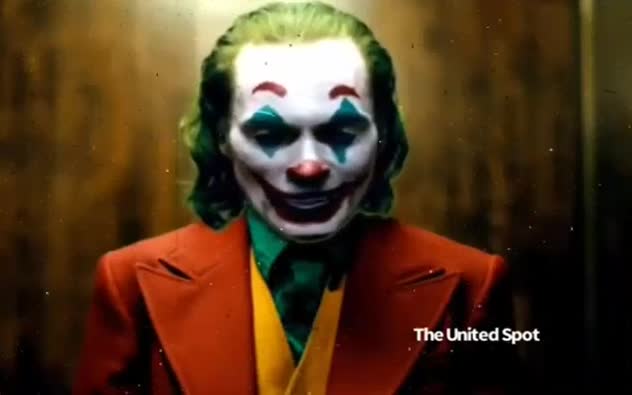

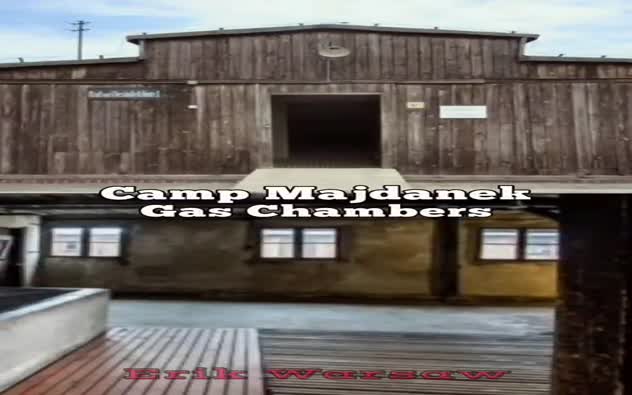







 Donate
Donate